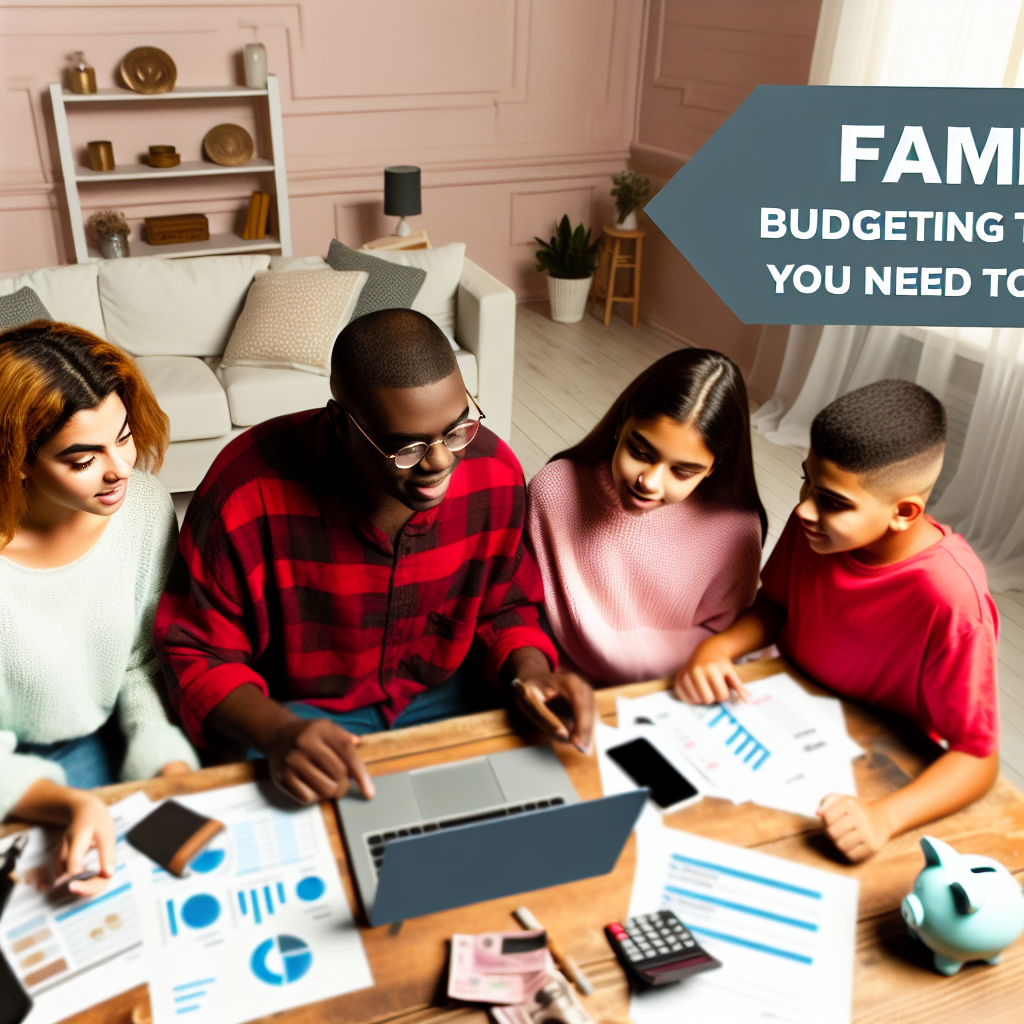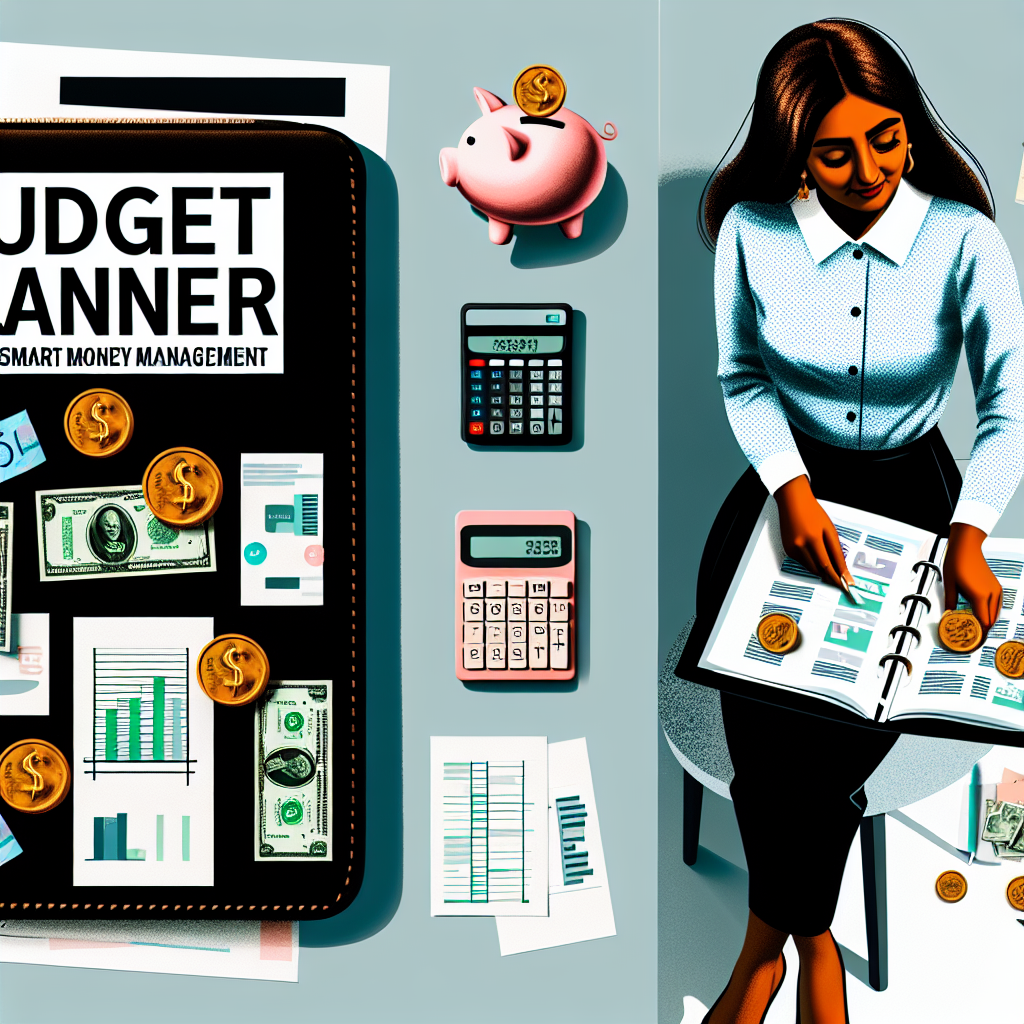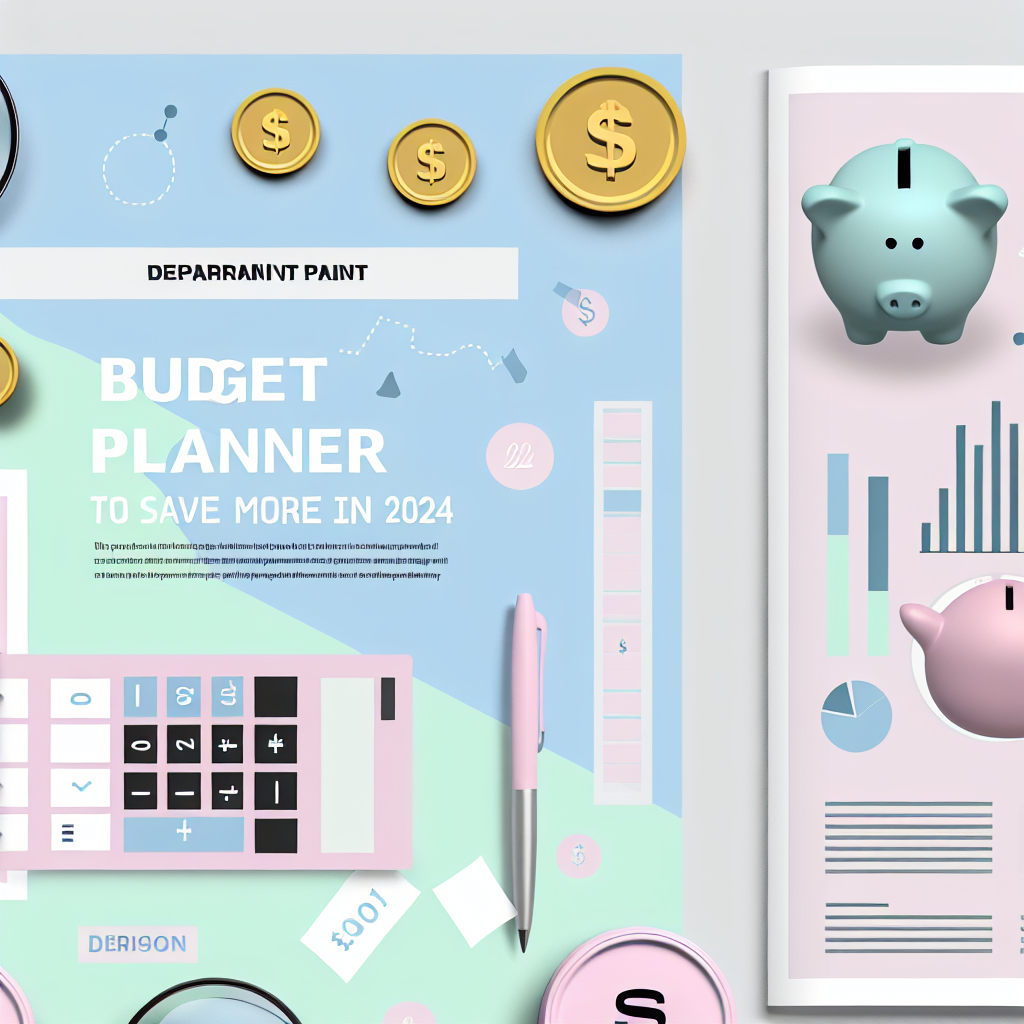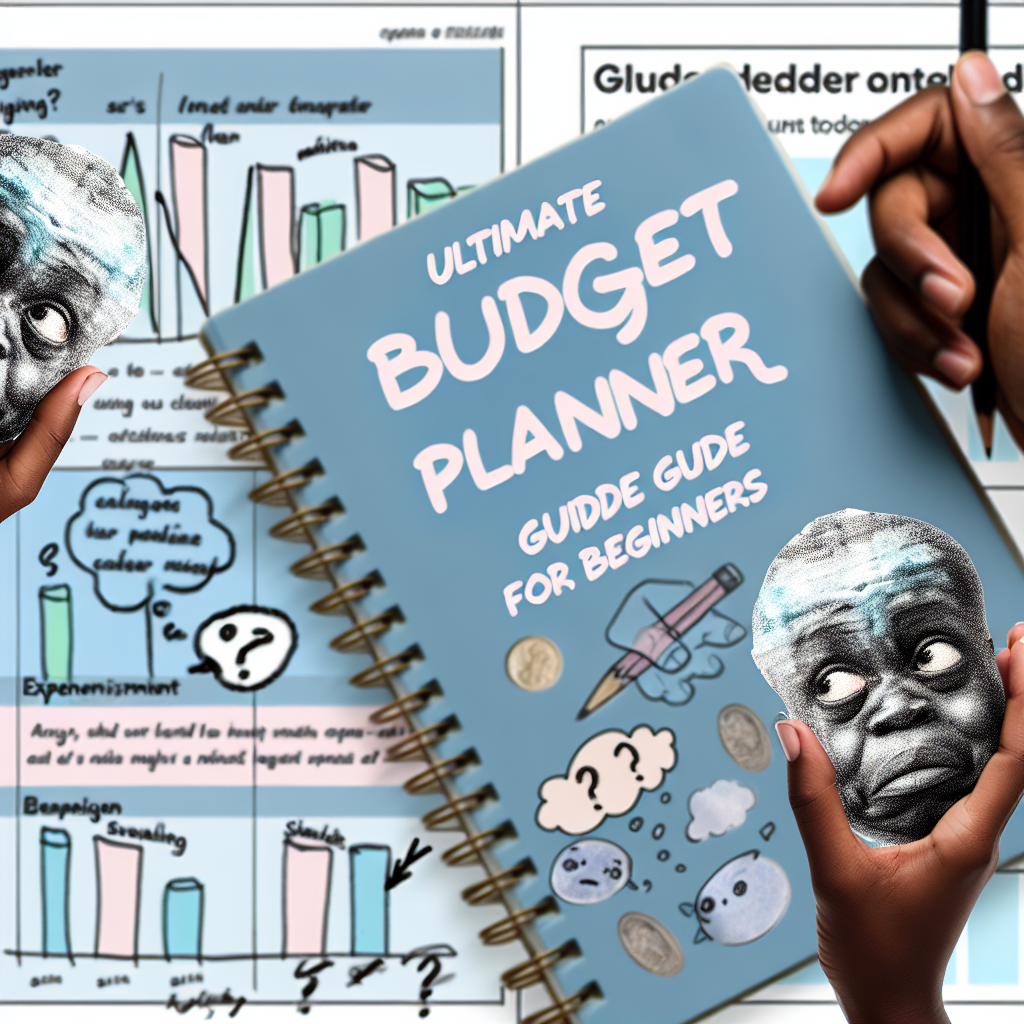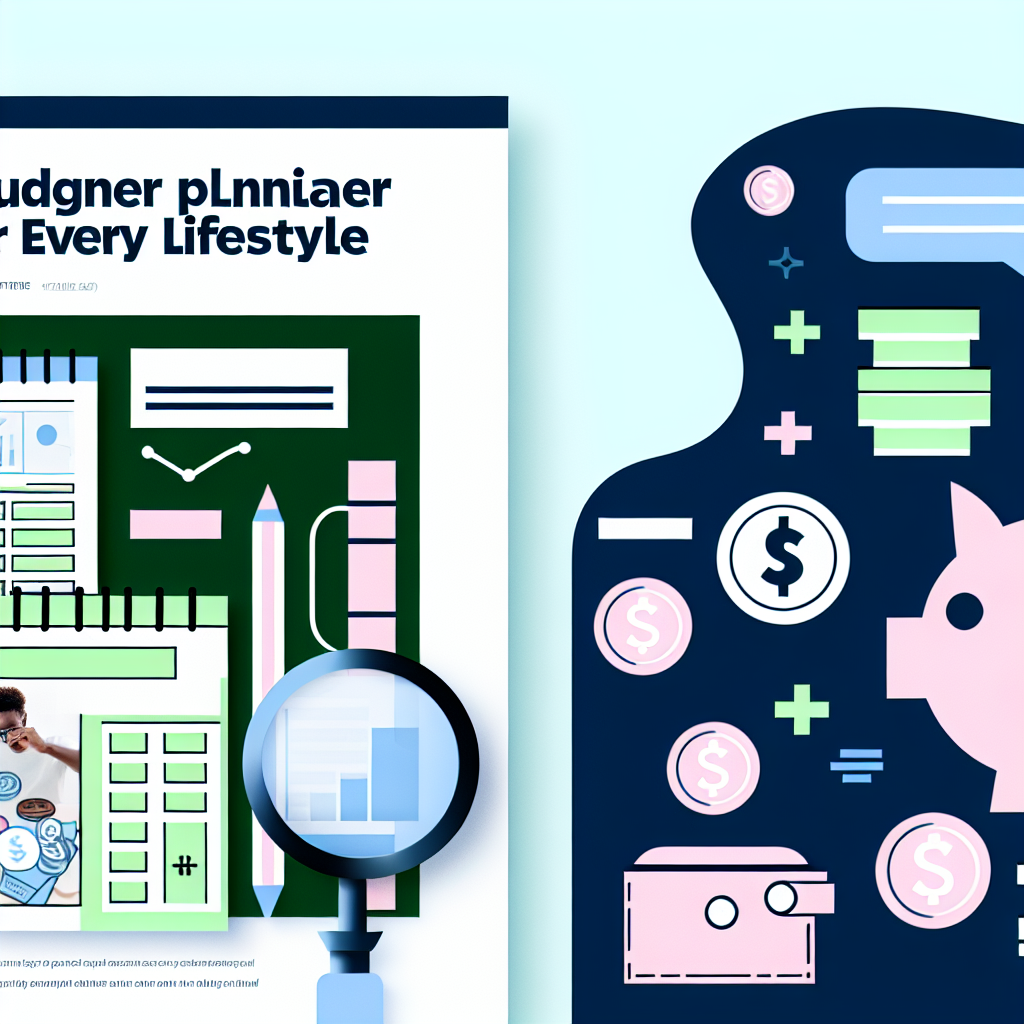=
I still remember the night I shredded my first “budget.” It was a crumpled piece of printer paper, scribbled with numbers and crossed-out expenses, stained with coffee from my third cup that evening. I thought if I just screamed “NO SPENDING!” loud enough on paper, my bank account would magically stop shrinking. Spoiler alert: it didn’t. That chaotic little budget was my first attempt at taming the money mess that felt like a storm cloud following me everywhere—especially when rent was due.
That night was frustrating, embarrassing, and honestly, a little hopeless. But it was also the start of something important. Because that mess of a budget made me realize something crucial: family budgeting isn’t about perfect spreadsheets or fancy apps. It’s about finding tools that actually work for your real life—the messy, unpredictable, sometimes exhausting life where money worries sneak in at the worst moments.
The Aha! Moment: Budgeting Is About Behavior, Not Just Numbers
After months of trying to force myself into rigid budgets that felt like punishment, I had an “aha” moment. Family budgeting isn’t about being perfect or having the best tool—it’s about changing how you relate to money day by day. It’s less about the numbers and more about the habits, the little choices, and the tools that fit your life instead of the other way around.
That shift helped me stop beating myself up over every slip-up. Instead, I started looking for budgeting tools that didn’t make me feel like a failure but helped me build a tiny bit of control and calm each week. Here are a few that really changed the game for me.
Three Family Budgeting Tools That Actually Helped Me (And Might Help You Too)
The first thing that actually worked for me was a simple app called EveryDollar. I was hesitant at first—another app? Another thing to learn? But this one felt like having a friend who reminded me gently where my money was going, without judgment. It let me plan my spending in categories that made sense to my family, like groceries and “fun money,” and helped me see when I was creeping over my limits before it was too late.
Then there was the old-fashioned envelope system. I know, it sounds like something from the 1950s, but I gave it a shot. I grabbed some envelopes, labeled them with categories like “gas,” “kids’ activities,” and “date night,” and stuffed cash into each. Physically seeing the money disappear made me way more aware of my spending. Plus, it was oddly satisfying to say, “Sorry, envelope’s empty,” when I wanted to splurge on takeout.
This trick might sound weird, but sharing our budget out loud as a family changed everything. We’d sit down once a week—sometimes grumpy, sometimes laughing—and talk about what was coming up, what we needed to save for, and where we could cut back. It made budgeting feel less like a chore and more like a team effort. It also kept me accountable, because my family was counting on me to keep us on track.
I Know What You’re Thinking…
“This sounds hard.” “I don’t have enough money to start.” “I’m terrible with money.” Believe me, I’ve been there. I thought I had to be perfect or I’d fail. I thought if I didn’t have thousands saved up, budgeting was pointless. But that’s just the fear talking. Family budgeting isn’t about having it all figured out. It’s about taking one tiny step, even if it’s messy or imperfect.
The truth is, every little habit counts. Even if you start with just tracking one category or stuffing one envelope, you’re building a muscle that will grow stronger. And you’re not alone—I’m right here, still figuring it out too.
One Small Step Today
So here’s my message to you: pick one budgeting tool that feels doable—maybe an app, envelopes, or just a weekly chat with your family—and try it out. Don’t worry if it’s messy or if you slip up. The goal isn’t perfection; it’s progress. I promise, that small step will start to chip away at the stress and give you a little more peace with your money.
You’ve got this. And if I can go from a coffee-stained napkin to a budget that actually works for my family, so can you.
💡 Want more tips like this? Explore more ways to save funds and plan your budget wisely!

